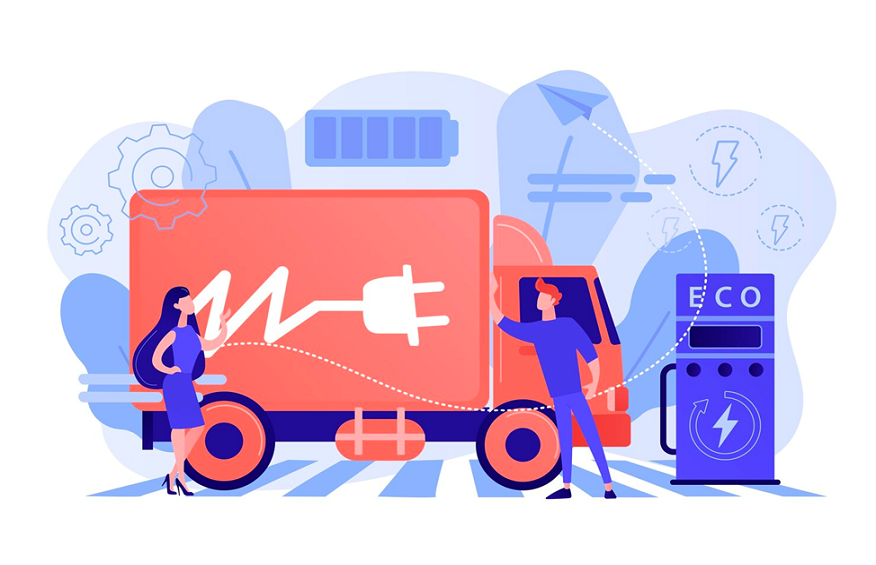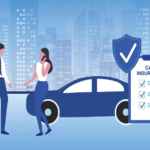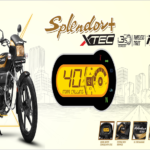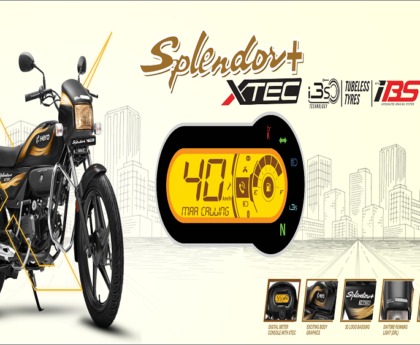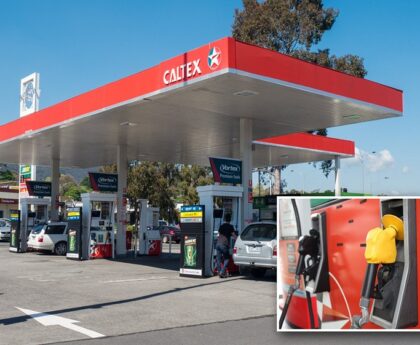The adoption of electric vehicles (EVs) is pivotal in combating greenhouse gas emissions produced by internal combustion engine (ICE) vehicles. A growing trend of EV adoption in fleet management systems is evident worldwide. The goal is to reduce its environmental footprint and promote sustainable transportation. For instance, the United States Postal Service (USPS) plans to invest heavily in fleet electrification, and the Indian e-commerce giant Flipkart will transition 100% of its logistic fleet to EVs by 2030.

The transition to all-electric fleets is also driven by improving employee retention through enhancing their driving experience. A recent survey by Tusker showed that 91% of EV users prefer EVs over gas or diesel cars.
In this article, we will explore how EV fleet management systems can improve driving comfort and boost the morale of fleet drivers.
Benefits of Electric Vehicle Fleet Management Systems
The EV fleet management system is the all-in-one solution for managing, optimizing, and maintaining EV fleets. Operational optimization, remote charging scheduling, real-time monitoring, predictive maintenance, and energy load management are key components of an effective EV fleet management system.
Software-defined vehicles (SDV) are the predictable next step in the EV industry, leveraging the full potential of the Internet of Things (IoT). EV manufacturers are taking full advantage of the IoT by creating an immersive ecosystem and connecting EVs to provide outstanding customer service. This allows fleet managers to access advanced data analytics of EV fleet management systems to make informed decisions, mitigate operational costs, maximize fleet efficiency, and reduce carbon emissions.
Impact of EV Fleet Management on Driver Experience
EV acceleration is quicker and quieter, ensuring a pleasant driving experience. With better route planning and predictive maintenance, EV fleet management can significantly improve the driving experience.
A typical management system offers comprehensive charging solutions with a centralized dashboard to schedule fleet charging and a ticketing system to book available charging points. This system ensures the fleet never runs out of charge and is on standby.
Employee Satisfaction and Customer Service
Happy drivers lead to a healthy and efficient fleet. According to Slack’s annual survey, 82% of employees indicated that feeling happy and engaged at work is the key driver of their productivity. Engaged employees align with the organizational vision and have a sense of ownership. Hence, they help build a loyal customer base by providing outstanding customer service. Organizations with higher employee satisfaction scores report higher sales than their competitors.
Fostering Employee Satisfaction with EV Fleet Management
Fleet drivers have to deal with a hectic and unpredictable daily schedule – unforeseen breakdowns or underperforming vehicles only add to their stress. The most common problem for fleet managers is high driver turnover rates.
An effective EV fleet management system equips fleet managers with all the necessary tools to nurture employees and maintain high driver retention rates:
Efficient route planning and advanced features, such as geofencing and anti-theft, guarantee the safety of the drivers and the completion of tasks in the shortest time possible.
- Advanced data analytics suggest preventive maintenance, avoiding major breakdowns, and keeping fleets fully functional.
- The integrated charge management system reduces range anxiety in drivers.
As a result, fleet drivers enjoy a hassle-free day-to-day operational activity.
Before implementing such an advanced system, drivers must be trained and incentivized to get on board with supportive policies. Periodic driver feedback will help the fleet managers assess and optimize the system.
Future Outlook and Challenges
The rapid advancement of the IoT makes the future of EV fleet management systems exciting. EVs are becoming the preferred mode of transportation due to user-friendliness. Adopting EV fleets will lead to a greener future and increase employee satisfaction.
However, potential challenges must be addressed for a smoother transition away from ICE vehicles. Range anxiety, long charging times, and limited range are the major drawbacks to the EV driving experience. These are mostly technical problems that EV manufacturers, software developers, and governments are tirelessly working to solve. To achieve the EV 30@30 vision, the Indian government has undertaken a series of initiatives to improve the charging infrastructure and incentivize EV ownership. These challenges can be tackled with constant international support, government incentives, and growing public and private awareness of environmental sustainability.

